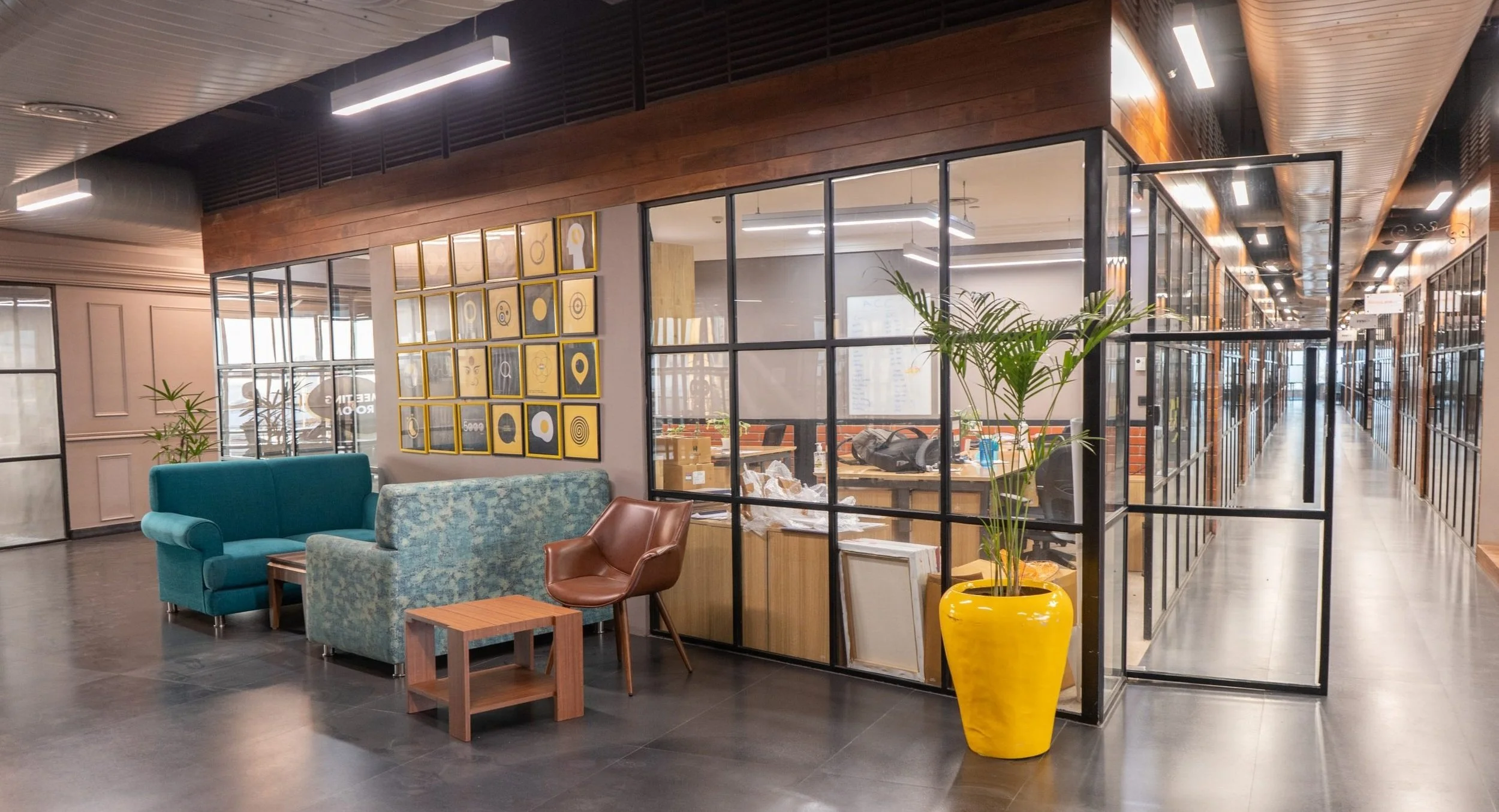How Companies Are Turning ‘Return to Office’ Into A Talent Magnet
For many organizations, “Return to Office” has become one of the most polarizing issues in today’s workplace.
Some leaders default to mandates, hoping to drive compliance. Some employees resist, seeing any mandate as a loss of flexibility. And many companies are stuck in limbo, unsure what the modern office should even represent now.
But forward-looking organizations are taking a different path. They’re designing experiences that pull people in.
If you have to push culture, it’s probably not the culture you want.
The same applies here. If you’re having to push employees back to the office, it’s a signal, not a strategy. Sure, you may need some policy language at first – but ensuring that employees see and feel the benefit once they’re on-site is key.
It Begins With Clarity of Purpose
The companies doing this well start by getting very clear on the WHY: why in-person presence matters and when it truly creates value.
They’re not calling people back just because it feels like the “right” thing to do. They’ve asked hard questions:
What moments of work are genuinely better in person?
How can office time fuel energy, belonging, learning, and growth?
What’s worth the commute, not just for the company, but for the employee?
This is a classic example of what we like to call “building for the messy middle, not the perfect day.” Office design can’t be idealized around occasional showcase events. It has to meet employees where they really are, with rhythms and experiences that matter in their daily flow of work.
Designing Experiences You Can’t Get Remote
Smart companies know you can’t simply recreate remote work in an office, nor should you try.
They lean into what in-person does uniquely well:
Deep relationship building that accelerates trust
Casual collisions that unlock knowledge sharing
Career sponsorship moments that happen when senior leaders are present
Collaborative problem solving that benefits from physical co-presence
Energizing culture moments that strengthen belonging
In other words, office time becomes an experience people choose because it offers something their home setup can’t.
Flexibility Isn’t Optional. It’s Foundational
Here’s a leadership reality: You can’t out-policy the market.
Top talent today expects flexibility. And they will find it, if not from you, then from your competitors. The best companies aren’t giving up flexibility to drive Return to Office. They’re embracing both.
The mindset shift is simple but profound: “Let’s make the office so good that people want to be here without taking away their flexibility.”
That’s culture worth building. And it works.
Redefining What Office Means
One of our favorite questions to ask leadership teams is: “If you were designing your office experience from scratch today, no legacy assumptions, what would it be for?”
Too often, leaders unconsciously default to “because that’s how we’ve always worked.”
But the companies winning talent now are answering differently. They’re seeing the office as a purposeful space:
For relationship acceleration
For shared identity moments
For collaborative creativity
For culture energy that’s hard to generate on Zoom
Culture is what happens in the hallways, not the handbooks. If your hallways are empty, it’s worth asking: what would fill them with purpose again?
A Competitive Edge for the Hybrid Future
Companies that treat Return to Office as a talent strategy, not an operational mandate, are seeing real returns:
Stronger sense of belonging
Increased talent attraction
More resilient team dynamics
Greater innovation in high-value moments
In an era where top talent can choose where and how to work, designing office experiences that people genuinely want to opt into is becoming a quiet but powerful differentiator. And it’s a reminder that in leadership, as in culture: the pull always beats the push.
Cultivate empowers organizations to not just adapt to change, but to lead in shaping the future of work. Let us help you build a thriving culture now — send us a message.




